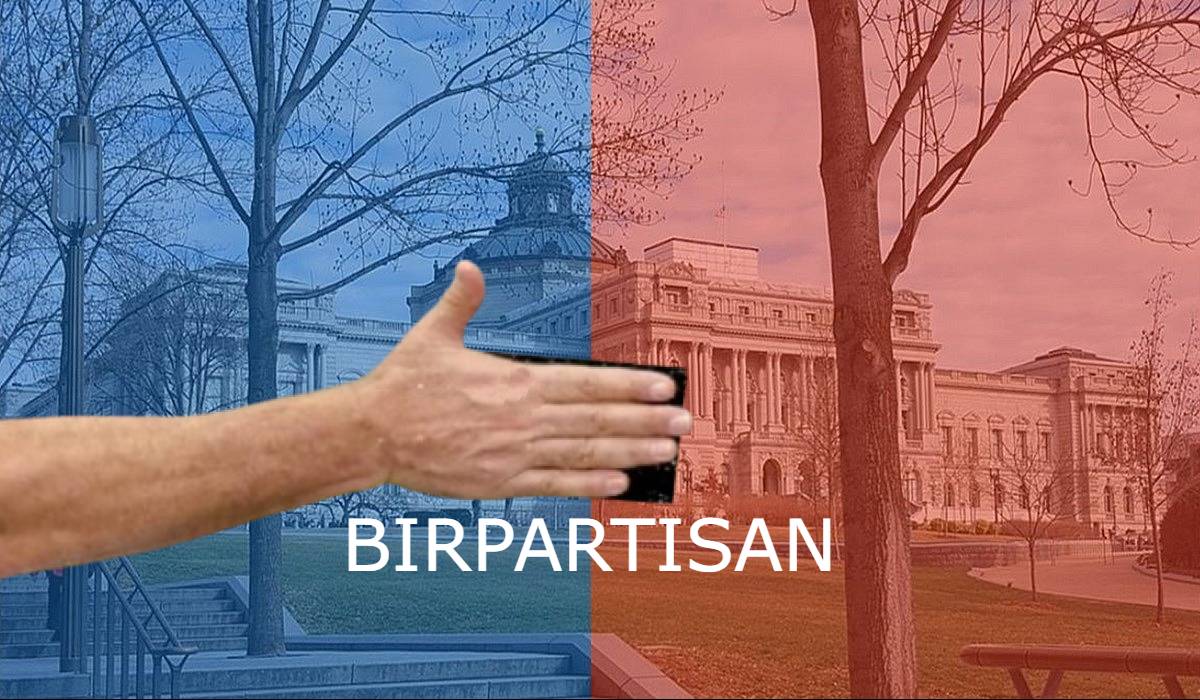In the halls of Washington, where political discourse echoes, there is a notion that the most perilous ideas arise not from vehement ideological battles but from dangerous unity found in congressional consensus, particularly on matters of international conflicts. The saying goes, “The most dangerous ideas in Washington are the bipartisan ones,” gaining credence when both significant parties march in lockstep, beating the drums of war.
To comprehend the consensus on matters, one must examine historical instances where both major parties set aside differences for a united front for military operations. The post-World War II era witnessed a foreign policy consensus, seen in events like the Cold War. While unity can be a strength in the face of threats, the danger lies in unchecked power and limited dissent.
One glaring example of this bipartisan unity was the Gulf of Tonkin Resolution in 1964, granting President Lyndon B. Johnson authority to use military force in Vietnam based on dubious claims of North Vietnamese aggression. This received overwhelming support from both Democrats and Republicans, paving the way for a divisive war. The absence of robust opposition demonstrated the risks of such an agreement, stifling critical voices and embroiling the nation in a conflict with grave consequences.
The aftermath of the 9/11 attacks marked another chapter in bipartisan foreign policy consensus. The Authorization for Use of Military Force (AUMF) passed in 2001 granted broad powers to combat those responsible for the attacks. With minimal debate, Democrats and Republicans backed this resolution, leading to prolonged conflicts.
Amidst the current political landscape, President Biden’s call to Congress for increased funding to back nations like Israel and Ukraine, as well as involvement in numerous proxy wars globally, serves as a stark illustration of the perils associated with cooperation in matters that put American lives at harm. The request underscores a potential continuation of a longstanding trend where consensus often results in unchecked military interventions and raises concerns about the nation being drawn into conflicts with enduring consequences. As the administration seeks financial support for its international engagements, it amplifies the risks associated with a unified front, potentially stifling critical voices and limiting the scrutiny necessary for informed decision-making on global conflict matters.
The consequences of bipartisan agreements are evident in the protracted nature of conflicts, with no clear exit strategy and mounting costs, illustrating the dangers of unity on national security. In matters of war, such unity can contribute to the erosion of checks and balances crucial to a functioning democracy. The concentration of power in the executive branch during conflicts, coupled with a lack of robust opposition, can result in decisions made without scrutiny, undermining democratic principles. While unity can force stability in specific policy areas, foreign policy demands rigorous debate and dissent. The dangers of consensus lie in stifling diverse perspectives and critical examination. A healthy democracy requires a multiplicity of voices, and unity can suppress democratic discourse.
The adage, “The most perilous notions in Washington are those embraced by both parties,” encapsulates the dangers of a united front, mainly concerning matters of war. To guard against the risks associated with warmongering, individuals, policymakers, and the media must stay vigilant, insisting on transparency, accountability, and diverse voices. Only by upholding a dedication to democratic principles can the U.S. steer clear of the hazards posed by bipartisan ideas and navigate towards a considerate, ethical, and sustainable approach to international relations.









